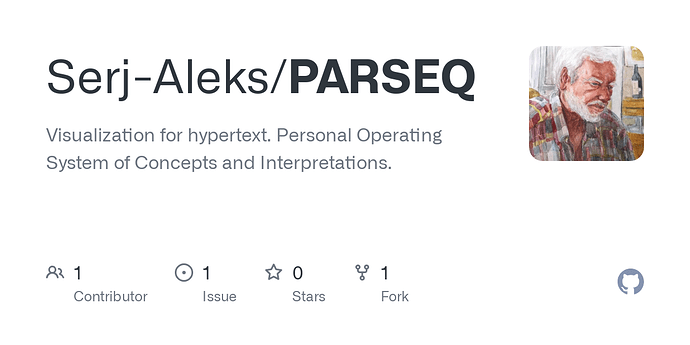I may not be able to envisage the scope of your aspiration but as a single file TW user who is highly dependent on TW on my tablet, phone and laptop I very much appreciate the current role of the browser.
On my android phones I use Tiddloid and on my Unix laptop I use Tiddly desktop, I have a small keyboard for my tablet which means I can work when I am in transit. I use TW as my central knowledge base which is large and the product of hours of work every day for a number of years.
For me the browser is rarely a fundamental limitation and a lot of problems have a manual work around - what it delivers in return is that the browser is my access to TW on any device, its like a passport that means I float above the OS problems, all in return for very little inconvenience.
There are device issues for sure, for example on Android I need to access my TW on a device local server because of the way the Android security and filing system limits the ability of a browser to access locally stored videos and so on.
In terms of liberating people on different machines and platforms, in principle it might be a great thing, one of the reasons I am on Linux is because I could not tolerate Microsoft updating my machine when ever they felt like it - they always messed up my custom device drivers and thought they knew my needs better than I did and I have already mentioned a limitation of Android and of course there is Apple - the pinnacle of user tie in or coercion depending on your point of view. Against this viewpoint many users out there don’t want to understand their machine or software they just want something that works most of the time (Apple?) - as a linux user I sometimes forget all the fears about viruses and so on. I think a truly open system would have to come up with some new ideas about security balancing open-ness with safety - not an easy balance.


